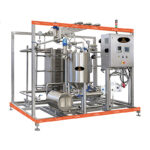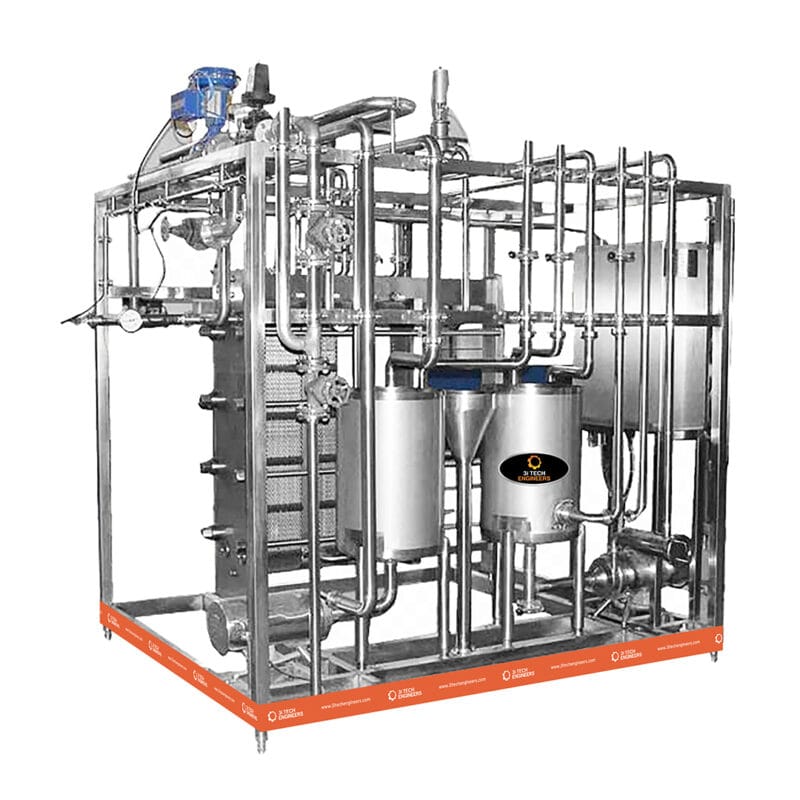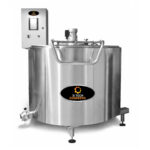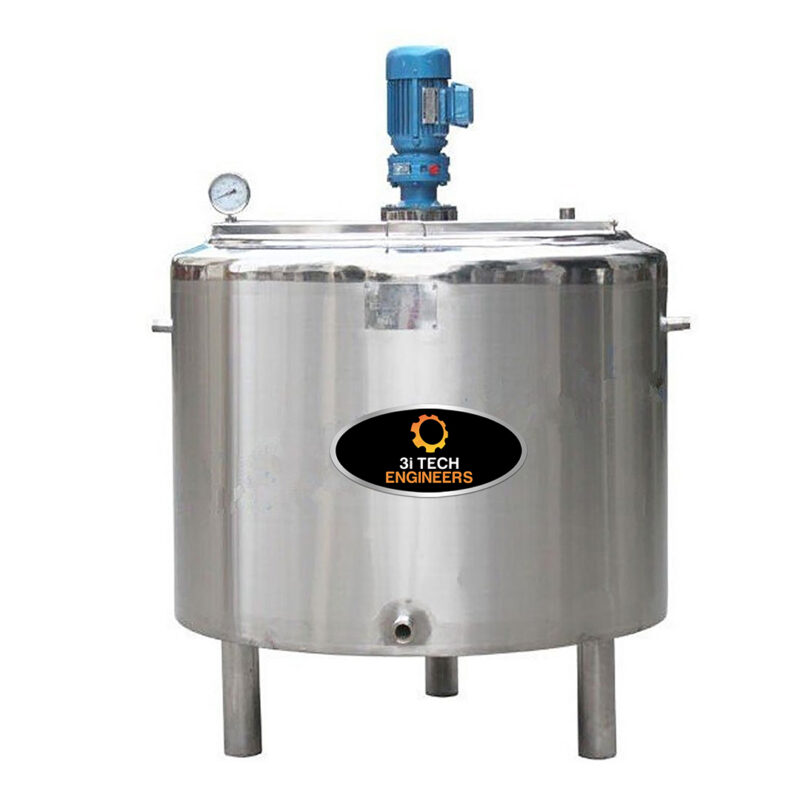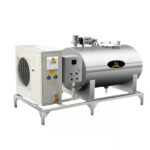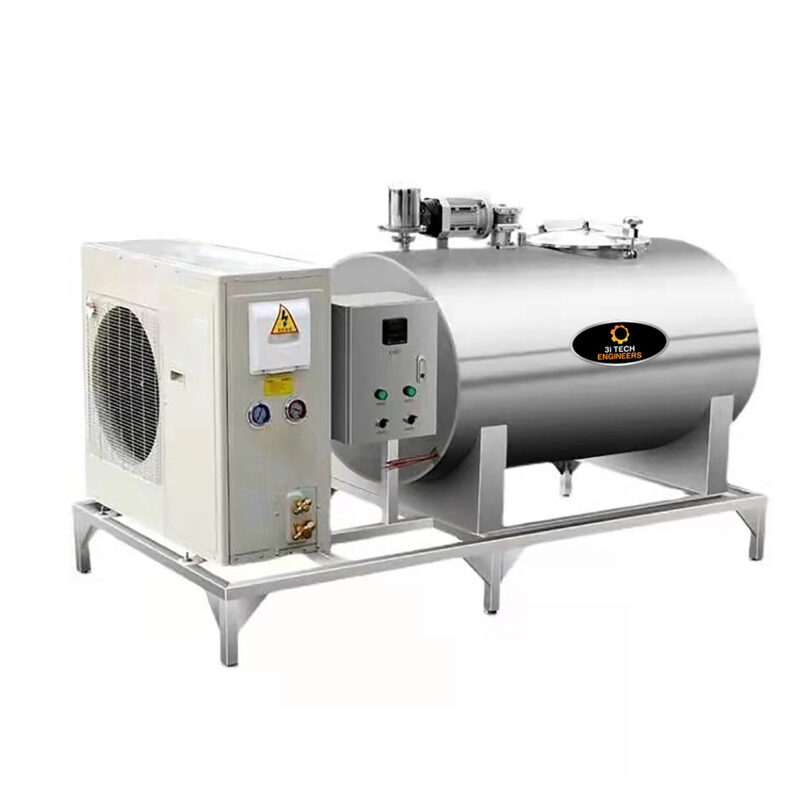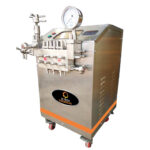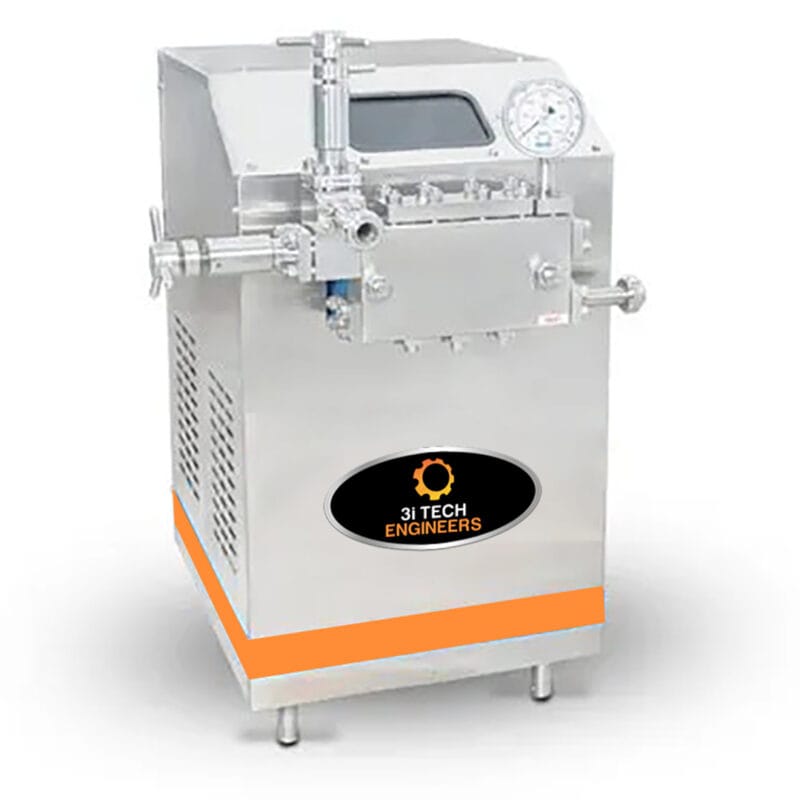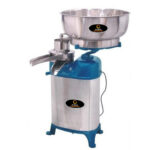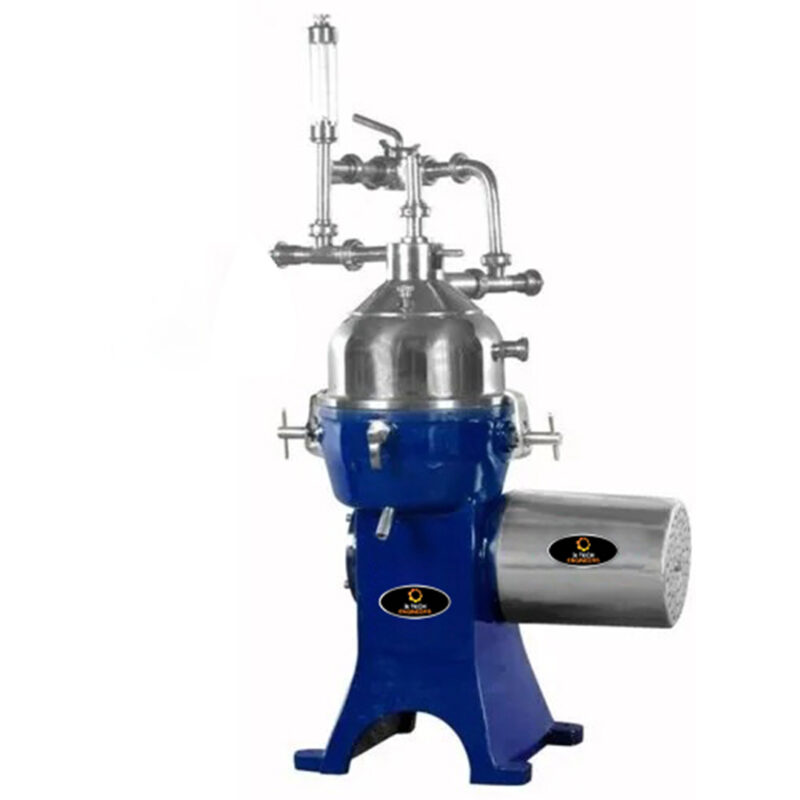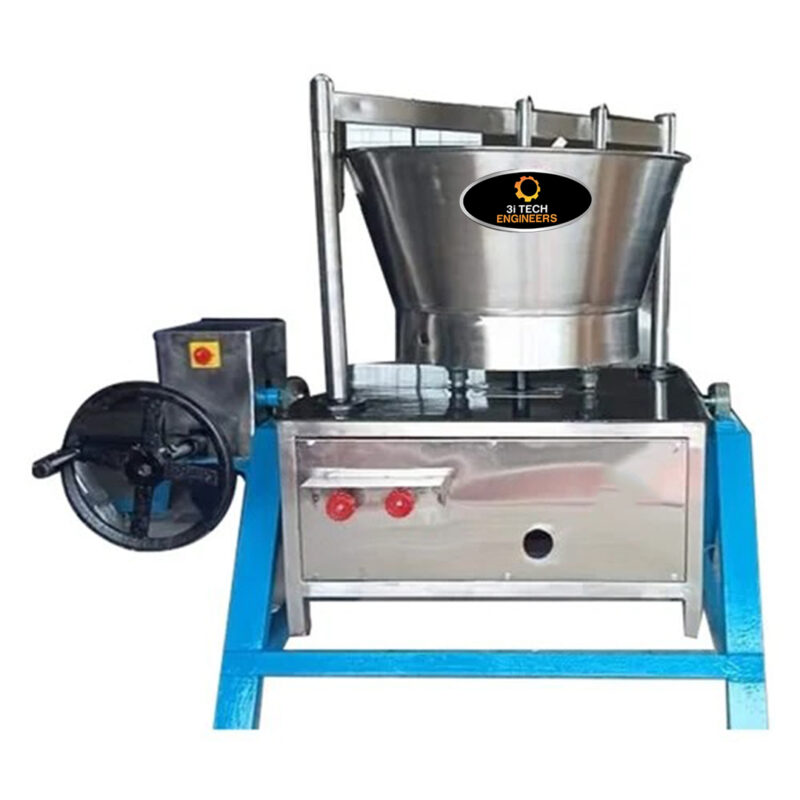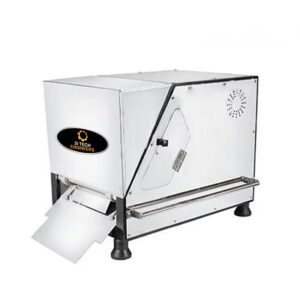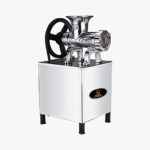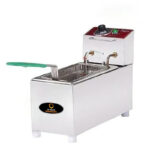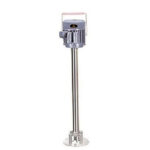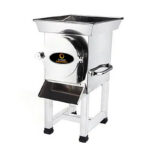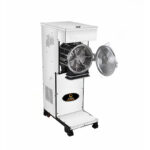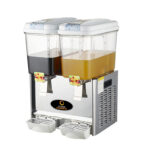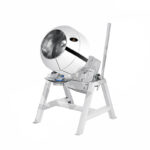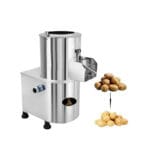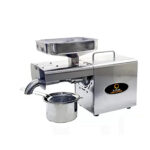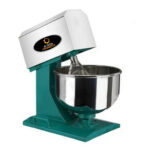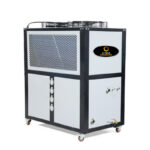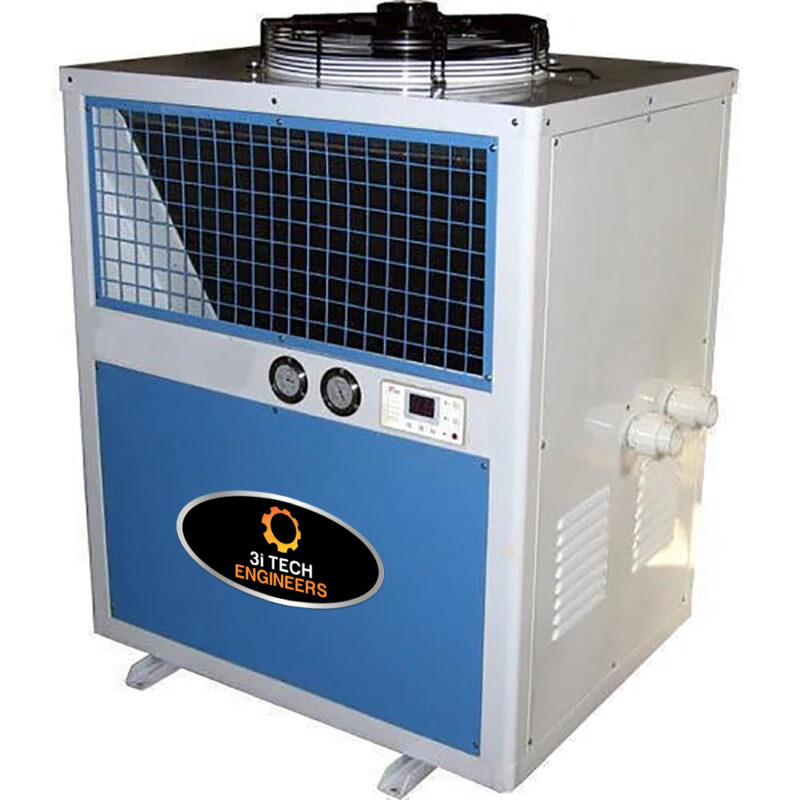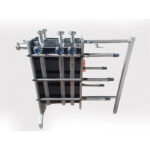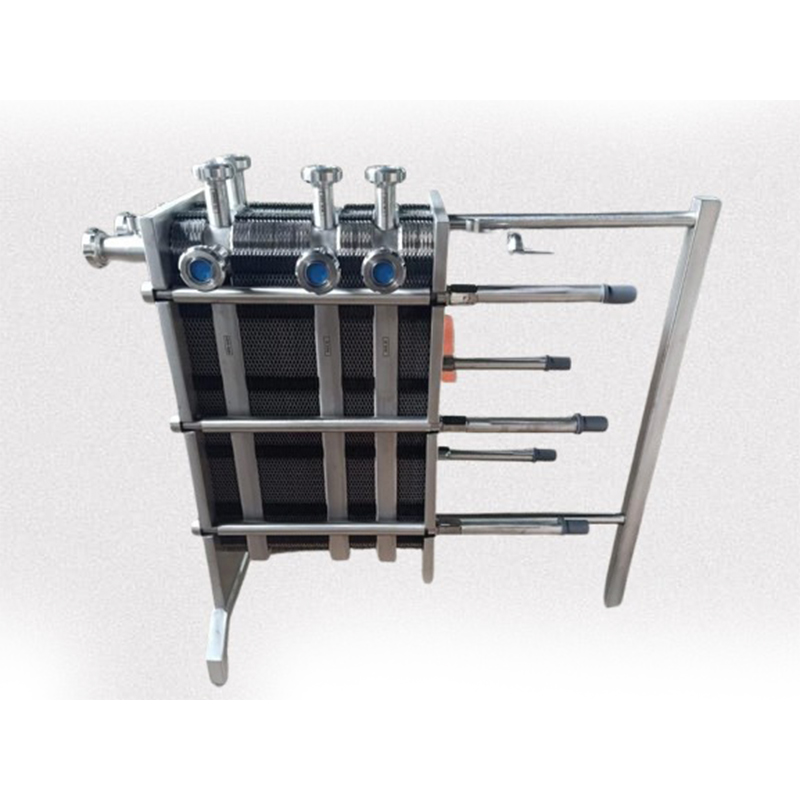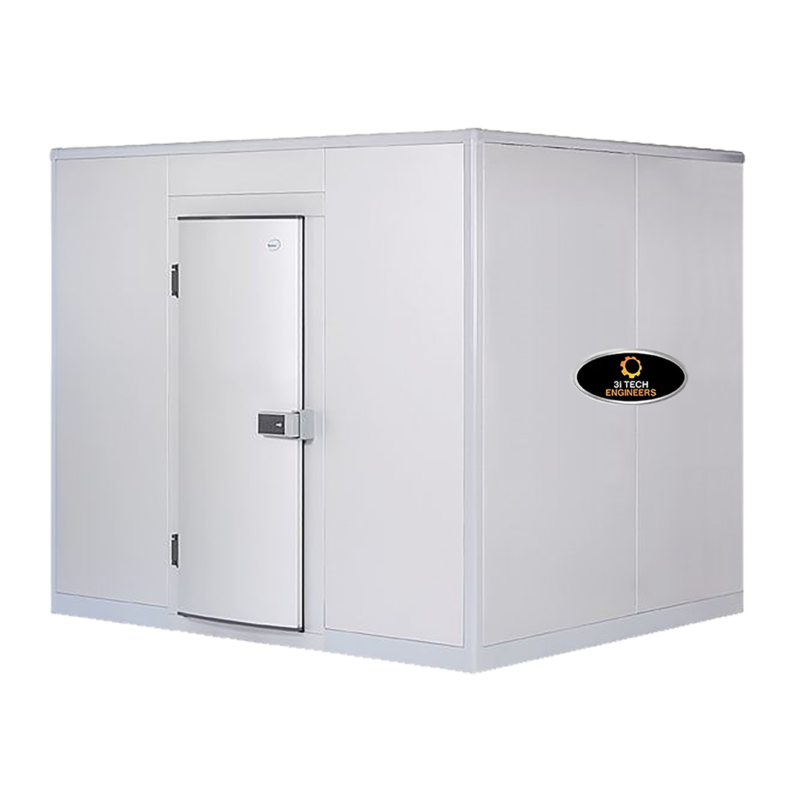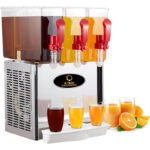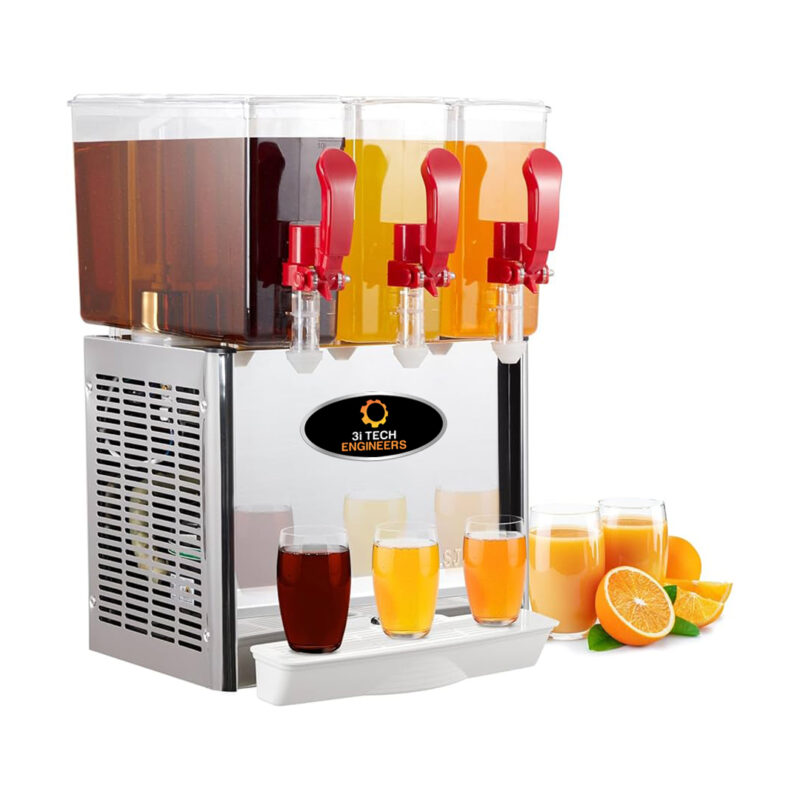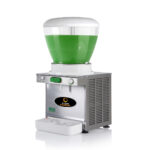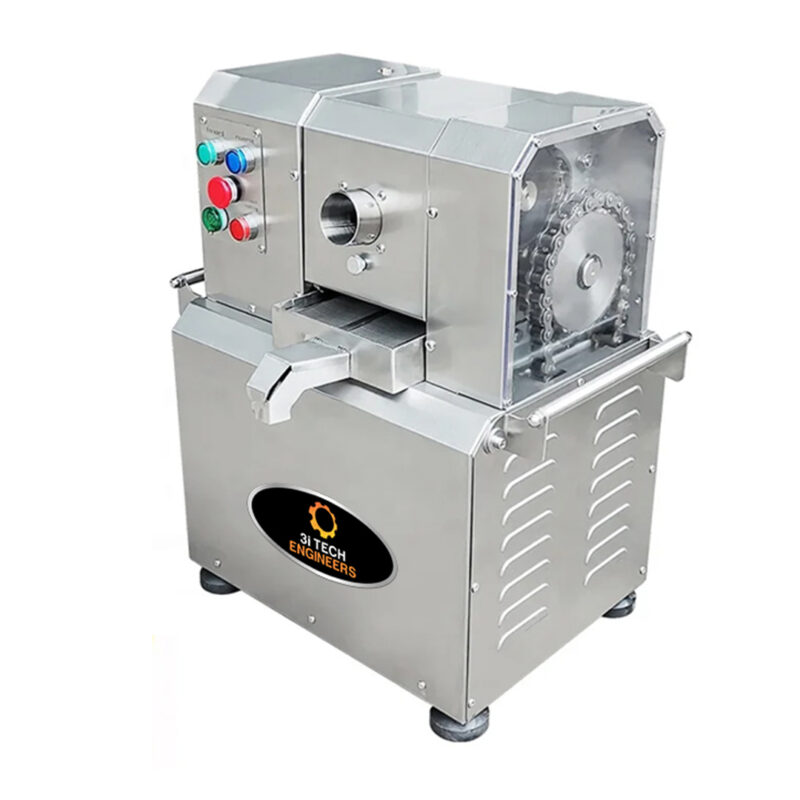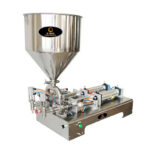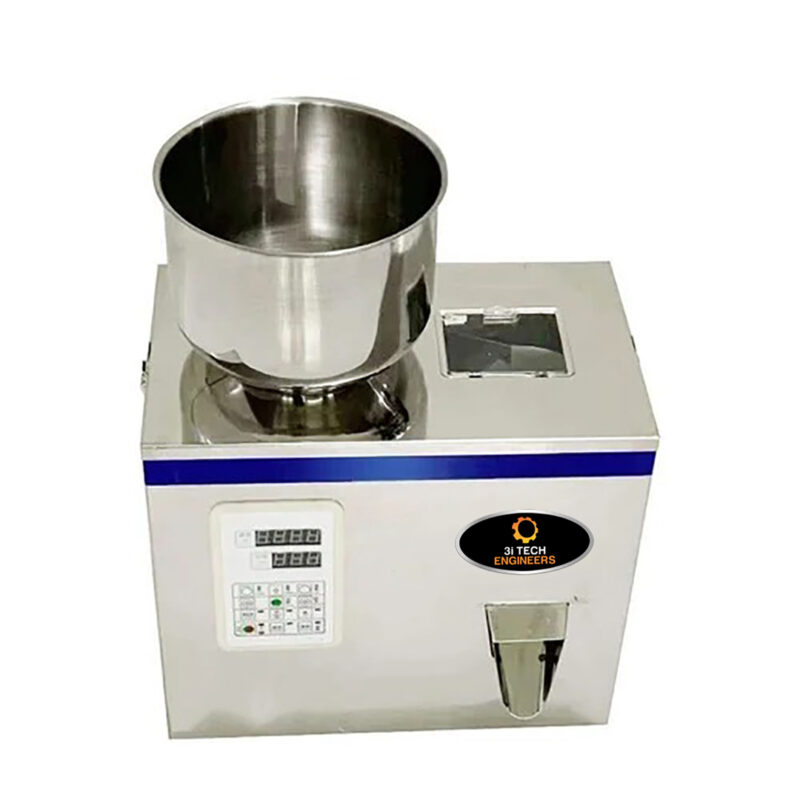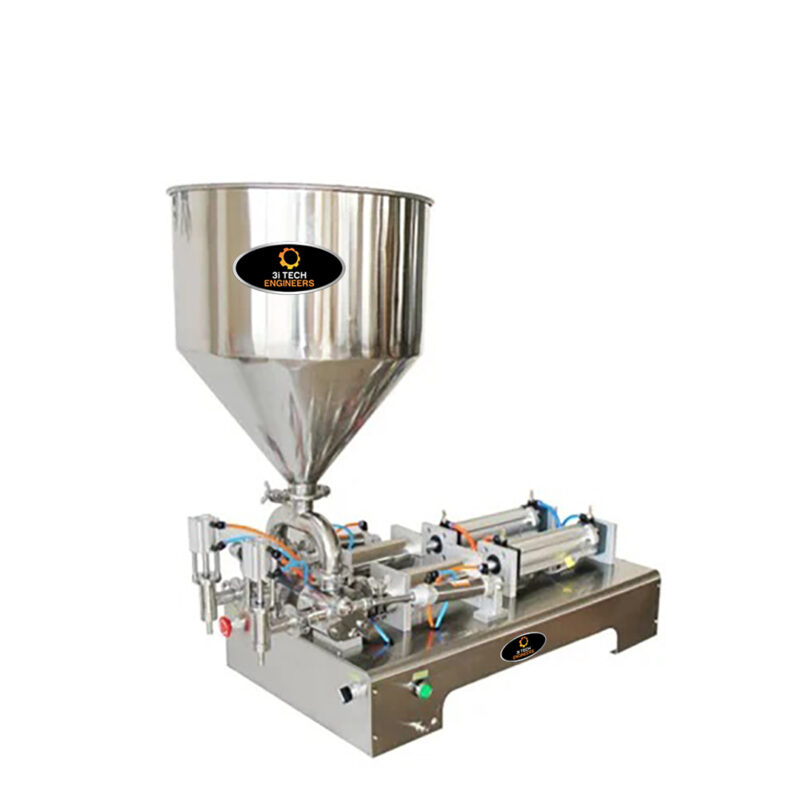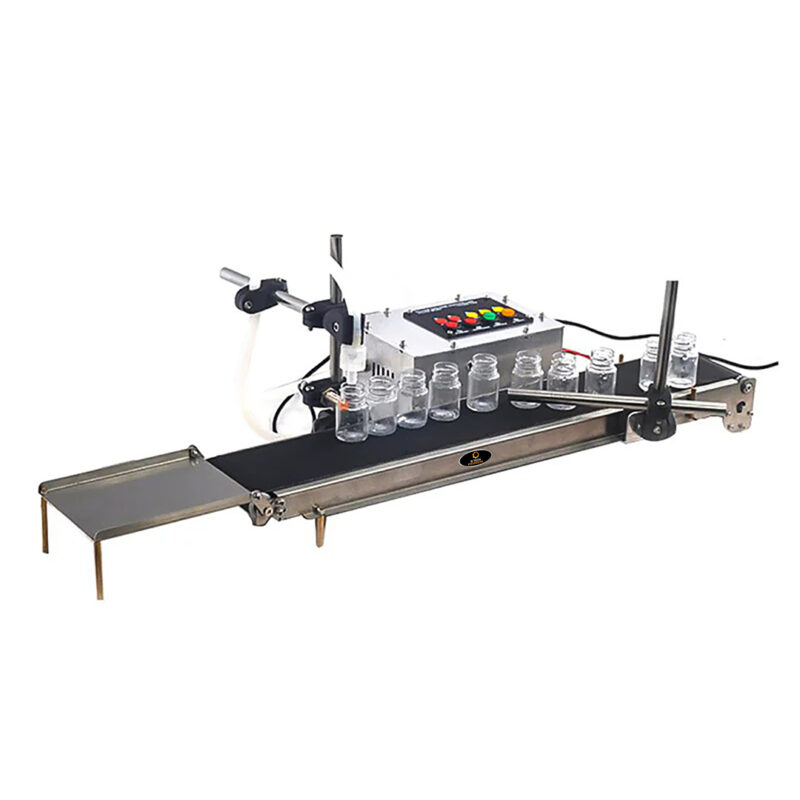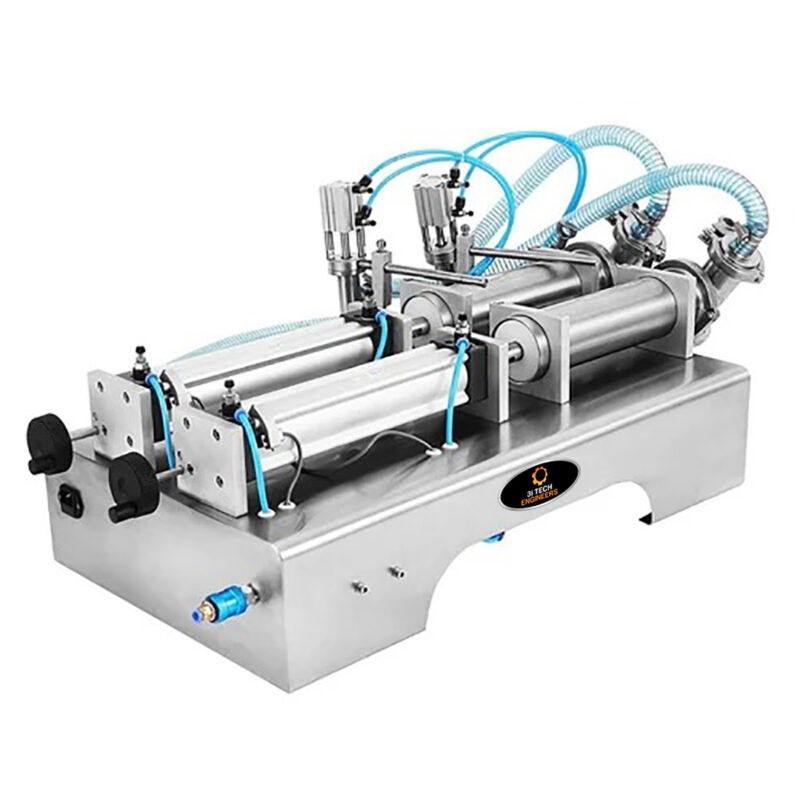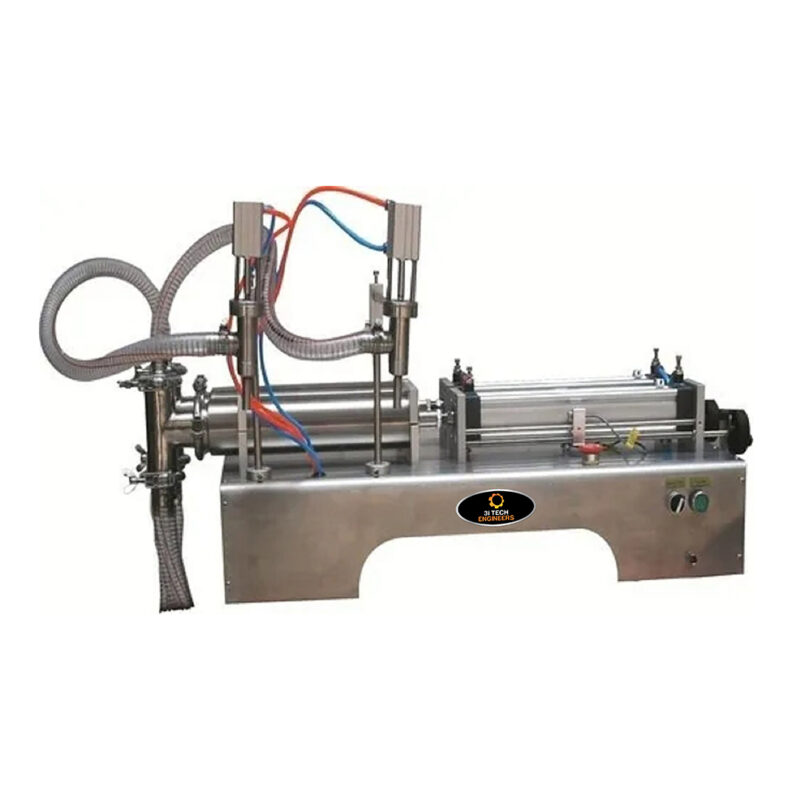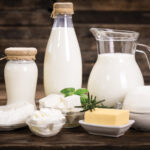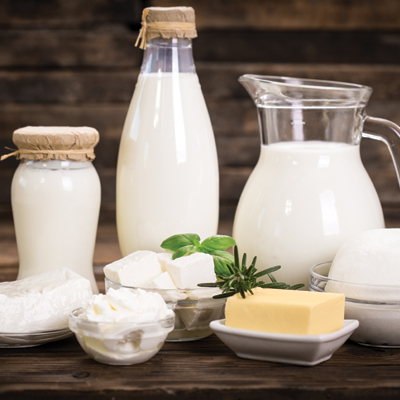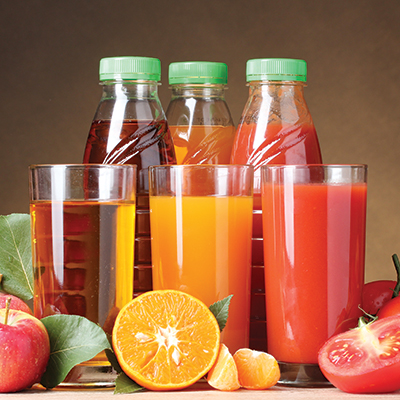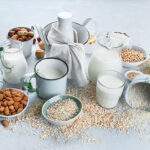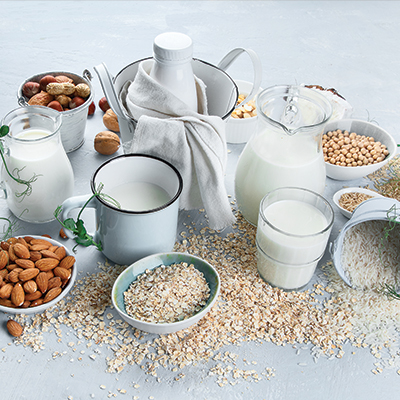Honey Processing Plant
Harness the power of 360-degree plant for smooth milk processing built by
3i TECH cutting-edge technology, backed by an experienced
team in the manufacturing domain.
Honey Processing Plant
Honey is a natural and beneficial product derived from nectar, enjoyed worldwide for its unique flavor, sweetness, and texture. However, to ensure its quality and prevent fermentation, honey requires careful processing. This is essential for apiarists, involving controlled heating to facilitate straining, eliminate yeast cells, and slow down granulation. It contains essential elements like glucose, fructose, water, proteins, minerals, organic acids, and vitamins, appreciated for its distinct flavor, sweetness, and texture.
Due to its biological nature, honey is prone to spoilage through fermentation. Therefore, processing honey is a crucial step for apiarists, involving controlled indirect heating at specific temperatures. This process helps in straining the honey, preventing fermentation by eliminating yeast cells, and delaying granulation, ensuring the preservation of its quality and properties.
Processing honey is crucial to prevent fermentation, ensure quality, and extend shelf life. At 3i Tech, we provide a complete honey processing solution involving controlled heating to facilitate straining, eliminate yeast cells, and inhibit granulation.
Filtration and Heating
The first step in honey processing involves straining to remove suspended solids and large wax particles. This is done manually or mechanically, depending on the scale of the operation. The strained honey undergoes further filtration using pressure filters to maintain its quality and clarity. Heating is another critical aspect, where honey is indirectly heated at controlled temperatures to facilitate straining and eliminate any remaining impurities. This process helps in preserving the natural properties of honey while ensuring hygiene and safety standards.
Moisture Reduction
Controlling moisture content is crucial for honey stability and quality. Excess water can lead to fermentation and spoilage. Various methods, including thermal and vacuum-based systems, are employed to reduce moisture content while preserving the honey’s natural properties. Thermal processing involves heating the honey to specific temperatures to evaporate excess moisture, ensuring optimal moisture levels for long-term storage and quality retention. Vacuum-based systems use low-pressure environments to facilitate moisture evaporation without compromising the honey’s nutritional value or taste.
Thermal Processing
Conventional thermal processing includes preheating, straining, filtering, and indirect heating to eliminate microorganisms and preserve honey’s color, flavor, and enzymes. Optimal temperatures and processing times are critical for maintaining honey’s integrity. Heating honey at specific temperatures helps in eliminating any potential pathogens or contaminants while ensuring that the honey retains its nutritional value and natural properties. This process also contributes to extending the shelf life of honey and maintaining its quality over time.
Honey Crystallization
Natural honey crystallization is a common occurrence influenced by sugar content and storage temperature. The rate of crystallization varies based on glucose levels, with higher glucose content resulting in faster crystallization. Temperature control is key to managing crystallization and preserving honey’s texture. By storing honey at optimal temperatures, typically between 10 and 18°C, and avoiding temperature fluctuations, producers can control the crystallization process and maintain the desired consistency of honey. Additionally, selecting honey with suitable glucose levels can help in managing crystallization and ensuring a smooth and appealing texture for consumers.
3i Tech’s Honey Processing Plant is designed to meet industry standards, ensuring high-quality honey production while preserving its natural goodness and characteristics. We offers comprehensive solutions for Honey Processing Plants, ranging from smaller-scale to larger industrial setups. Our expertise lies in designing, manufacturing, and installing energy-efficient and hygienic honey processing plants tailored to meet industry standards and ensure high-quality honey products.

